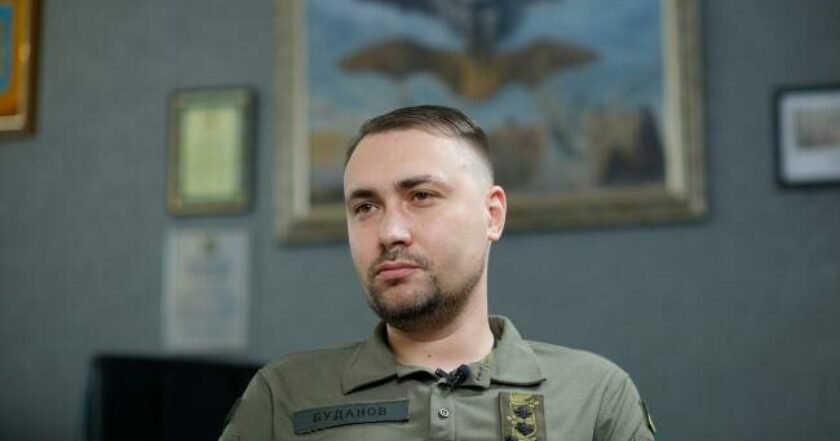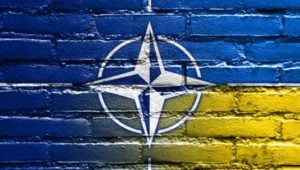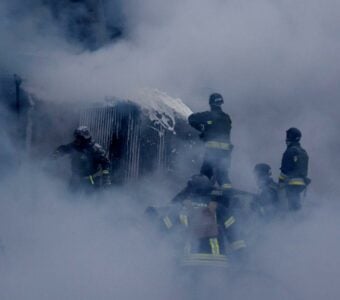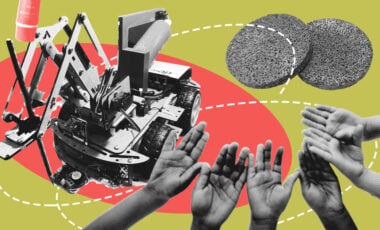Ukraine approaching an "all for all" POW exchange with Russia – head of intelligence

Ukraine is actively progressing towards an "all for all" exchange of prisoners of war with Russia, which is a realistic prospect.
The head of the Main Directorate of Intelligence of the Ministry of Defense, Kyrylo Budanov, said this in an interview with "RBK-Ukraine," answering whether he considers this exchange format to be realistic.
"Yes, (I think – ed.), we are, in principle, approaching this. Let's, again, look at the numbers. As of now, more than 2,200 people have already been exchanged (the number that Ukraine released from captivity – ed.). This is an unprecedented case in world history. No one has ever conducted such a thing. All exchanges take place after the end of hostilities and never during the active hostilities," he clarified.
As Rubryka reported, on April 10, Ukraine carried out another exchange of prisoners of war, and 100 defenders returned home.
According to the Ministry of Internal Affairs, out of 100 people who returned from Russian captivity on April 10, 24 are service members of the National Guard of Ukraine service members, and 22 are border guards.
For reference:
Dmytro Lubinets, the Commissioner for Human Rights of the Verkhovna Rada (the Parliament of Ukraine), reported that 2,105 people had been exchanged in general. He added that the Ukrainian authorities have approximate data on how many Ukrainian citizens are in captivity in the Russian Federation. Still, this number is not publicly named, explaining that this is done deliberately to return their people home more effectively. He further urged people not to look for "treason" because the Ukrainian authorities did not announce the figures regarding Ukrainian citizens in captivity. He stated that they knew about everyone who was in captivity – both military and civilian.
He noted that the condition of the persons released from Russian captivity during the last exchange (on April 10, 2023) was challenging, stating that they were seriously wounded, had lost many kilograms of weight, and were in a complex psychological state, which evidenced that the Russian Federation continued to keep their prisoners of war in unadapted conditions, sometimes not providing the basic – enough food or water.




















































